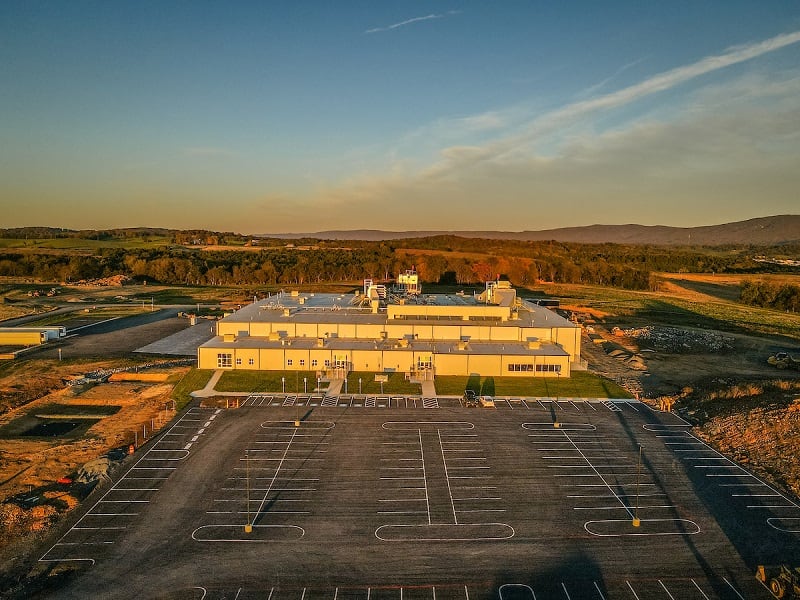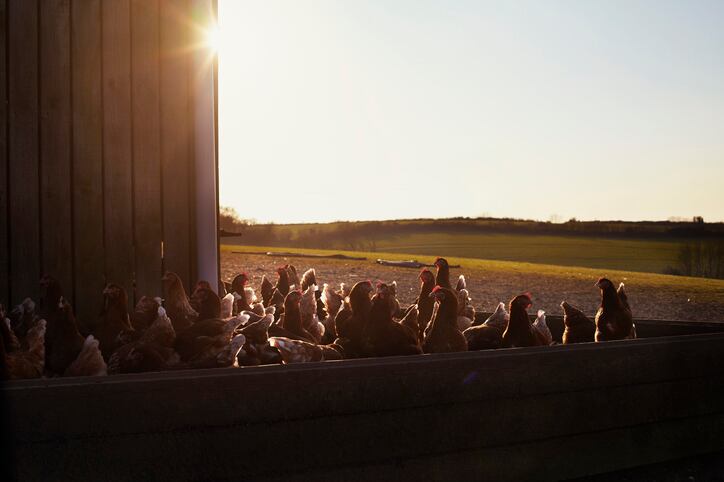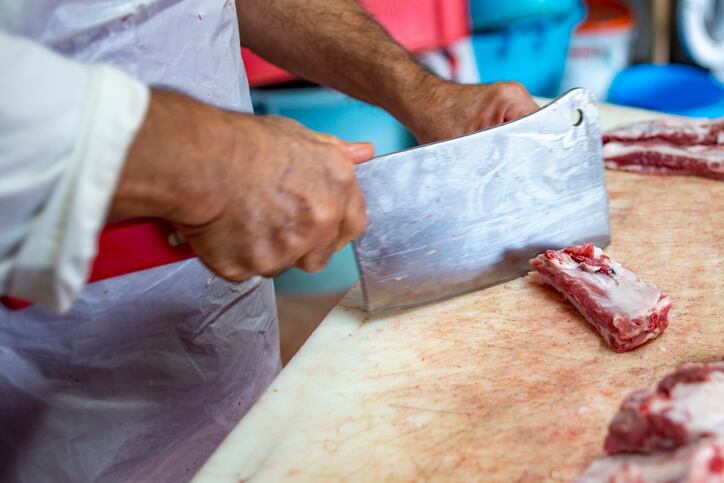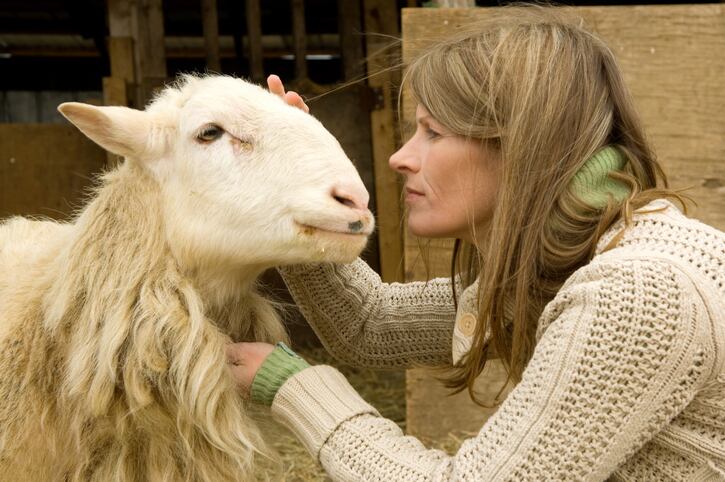The new facility, which will double Farmer Focus’ production capacity in two years to 650,000 birds weekly, also is symbolic of the future potential of small and mid-sized multi-generational and new farmers who often are forced to close or sell to larger players due to business practices that benefit conglomerates but not individual farmers.
“This plant is an important step in our mission to promote and protect generational family farmers,” because it means we will be able to expand the number of farmers with whom we can partner from the 73 currently to 100 by the end of the year and double again by 2023, Corwin Heatwole, founding farmer and CEO of Farmer Focus, told FoodNavigator-USA.
He explained that while many initially doubted his plan to open a processing plant in 2012, he now has a wait list of 100 farmers who want to partner with Farmer Focus after seeing how the company’s unique business model can empower them and is successfully gaining traction at retail.
In 2021, Farmer Focus became the fastest growing natural or organic chicken brand in grocery stores, and the second organic chicken brand in grocery stores in the 26-weeks ending Dec. 26, 2021, according to IRI data.
A new way of doing business
So, what makes Farmer Focus’ model so attractive to farmers and consumers? Heatwole says it is his transparency – both in how he does business and in where products are sourced.
“Our business model brought a solution to each of the three main key problems that exist with integrators,” he explained.
“One is the farmers do not own the animals and inventory on their farm. The company owns it and then it follows the second problem, which is because of that the farmer doesn’t have operational control, because that is spawned by the company’s playbook. So, regardless of what the farmer believes is right for his farmers or animals, he often can’t do what they need to do.
“And then, thirdly, in the poultry industry, it is a tournament pay system that makes the farmers compete for that one pot of money,” Heatwole said.
“As a solution, we brought in a transparent pay model that doesn’t pit farmers against each other because the farmers already know what they’re going to be paid for their flock of chickens before they come to the farm,” he said.
Farmer Focus also empowers farmers with ownership and control, by treating them as partners who own their flocks and can make their own decisions.
“We partner with third-party seed mills and third-party hatcheries to make available to the highest quality feed that is a consistent ration and the highest quality baby chickens that are the same breed with the same vaccination. So, we have uniformity across all of our farmers, and we negotiate the long-term bookings and prices … so that the farmers don’t have to worry about that. But where the key difference comes in is when the feed and chickens are brought to the farm, instead of the company owning them, the farmer owns 100%. They are invested in the process,” he explained.
“It’s kind of like renting a home versus owning a home. When you own it, there is inspiration to really take care of it and even put some sweat equity into it along the way because there are rewards and there is added value,” he said.
Showing consumers where their food comes from
Consumers likewise are drawn to Farmer Focus’ business model because it not only raises Certified Humane and organic chickens, but it also is fully transparent and traceable so consumers can know exactly where their chickens come from and learn about the farmer partners, he added.
This shift in consumer priorities is fundamental to changing the competitive landscape in poultry and meat production, Heatwole said.
He explained that over the past 30 to 50 years, consumers’ prioritization of low-price helped fuel the consolidation in the industry that led to just four businesses controlling 54% of the poultry market, 70% of the pork market and 85% of the beef market. But now, consumers are paying more attention to quality and process and want to know the farmer, animal and environment are all protected.
“So, you’re starting to see the shift that is going to allow and enable companies like ours that are focused on each of those three pillars very, very vividly, to be successful,” Heatwole said.
White House offers helping hand
The White House also has taken note of the consolidation in the meat processing industry, which it argued during a roundtable discussion with industry stakeholders Jan. 3 costs both farmers, who it says make less, and consumers, who it argues pay more.
As a participant at the roundtable, Heatwole shared how his model can create a “resilient community of thriving farmers while bringing consumers the transparent and traceable products they are looking for.”
He also shared with FoodNavigator-USA how he would not encourage others to replicate his approach because of how difficult and expensive it has been. But he noted that the current administration is stepping up to help others follow his footsteps and chart their own course by offering resources that were not available when he started Farmer Focus.
For example, The White House’ Action Plan for a Fairer, More Competitive and More Resilient Meat and Poultry Supply Chain, unveiled at the roundtable Jan. 3, dedicated $1b in American Rescue Plan funds to expand independent processing capacity, including $375m in grants for projects that “fill a demonstrated need for more diversified processing capacity.”
The US Agriculture Department also will offer $150m in grants to 15 projects this spring and $225m later this summer. In addition, it will offer $275m in loans and other support through partnerships.
Other funds will be available for a variety of training, technical assistance and to reduce inspection costs for small and very small processing plants – all designed to lower the barriers to entry and help build out a more diverse industry.
“I do believe that it will help enable additional opportunities for people to start or expand processing operations that do give farmers more options,” which ultimately will allow more farmers to stay in business and hopefully attract a much-needed new generation of farmers, Heatwole concluded.




